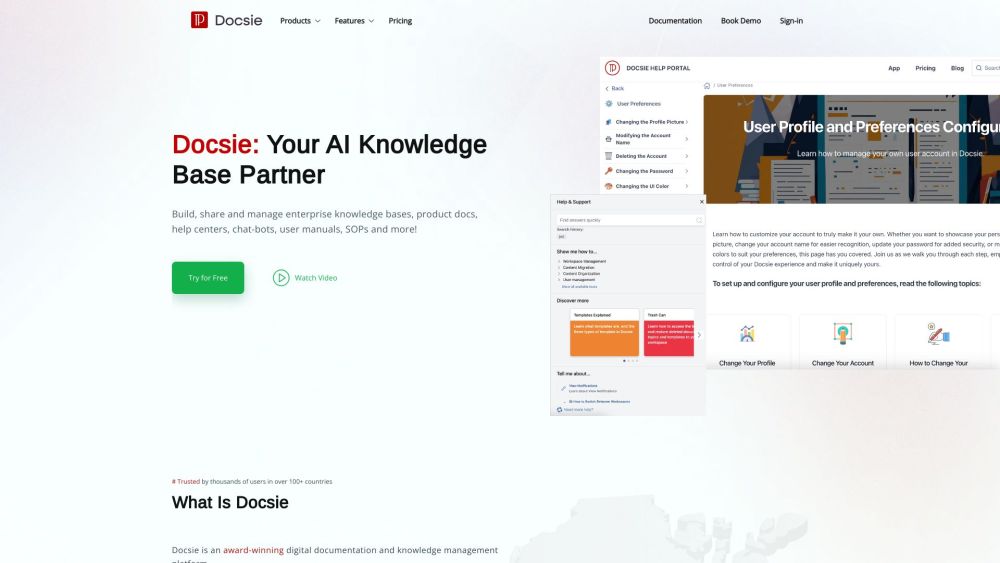Artificial Intelligence: A Path to Job Creation, Not Destruction - Insights from IBM’s CEO
IBM's CEO, Arvind Krishna, firmly believes that artificial intelligence (AI) will not lead to mass unemployment or global calamity. In a recent conversation, he provided valuable insights into IBM’s AI strategies and the company's current standing in the tech sector, particularly highlighting its attractive 5% dividend yield.
Debunking Job Displacement Myths
Media reports recently misquoted Krishna, suggesting that IBM could eliminate 7,800 jobs due to AI software. He clarified that his comments were misconstrued. Over the next five years, he predicts that 30% to 50% of repetitive white-collar jobs might be at risk of automation, with the lower end of that spectrum being more likely. He estimated that around 10% of IBM employees fit this "repetitive white-collar" category, implying that about 7,800 employees could be affected.
Crucially, Krishna pointed out, “AI will also create more jobs, much like the Agricultural and Services revolutions did, where newly created positions outnumbered those that were lost.” He envisions new roles, such as "prompt engineers," emerging alongside increased demand for fact-checkers in response to rising misinformation.
Navigating AI Regulation Concerns
Asked about fears that AI could threaten humanity, with some experts warning of dire consequences, Krishna disagrees. “I don’t see it that way,” he asserted. While acknowledging the impressive capabilities of current AI, he emphasized their limitations in knowledge representation and understanding.
Krishna argues that alarmist narratives are prompting calls for stringent AI regulation. While he supports cautious approaches, he warns that excessive regulation may hinder innovation. “Regulating innovation itself is foolish,” he said, noting that it could create advantages for those who choose to ignore such regulations. He drew parallels with chip manufacturing regulations, questioning the inconsistency in monitoring investments in emerging technologies.
The Future of Quantum Computing and AI
As a leader in quantum computing, IBM operates 20 quantum computers, and Krishna foresees a significant intersection between quantum computing and AI in the future. He highlighted the potential in fields like chemistry and pharmaceuticals, where AI could analyze existing literature to identify knowledge gaps. Filling these gaps through traditional experiments can take months, but he anticipates that quantum computers might conduct similar simulations in mere minutes within the next few years.
Krishna believes that within a decade, quantum computers will be able to develop advanced AI models. The unique capability of quantum computing to process massive data sets simultaneously could revolutionize AI training. “Today, training models with trillions of parameters could take two to three months on a large GPU cluster. With quantum computers, the same training could happen overnight,” he explained. This synergy between quantum computing and AI holds the promise of solving challenges beyond the reach of today’s most powerful supercomputers, paving the way for transformative advancements across various industries.




